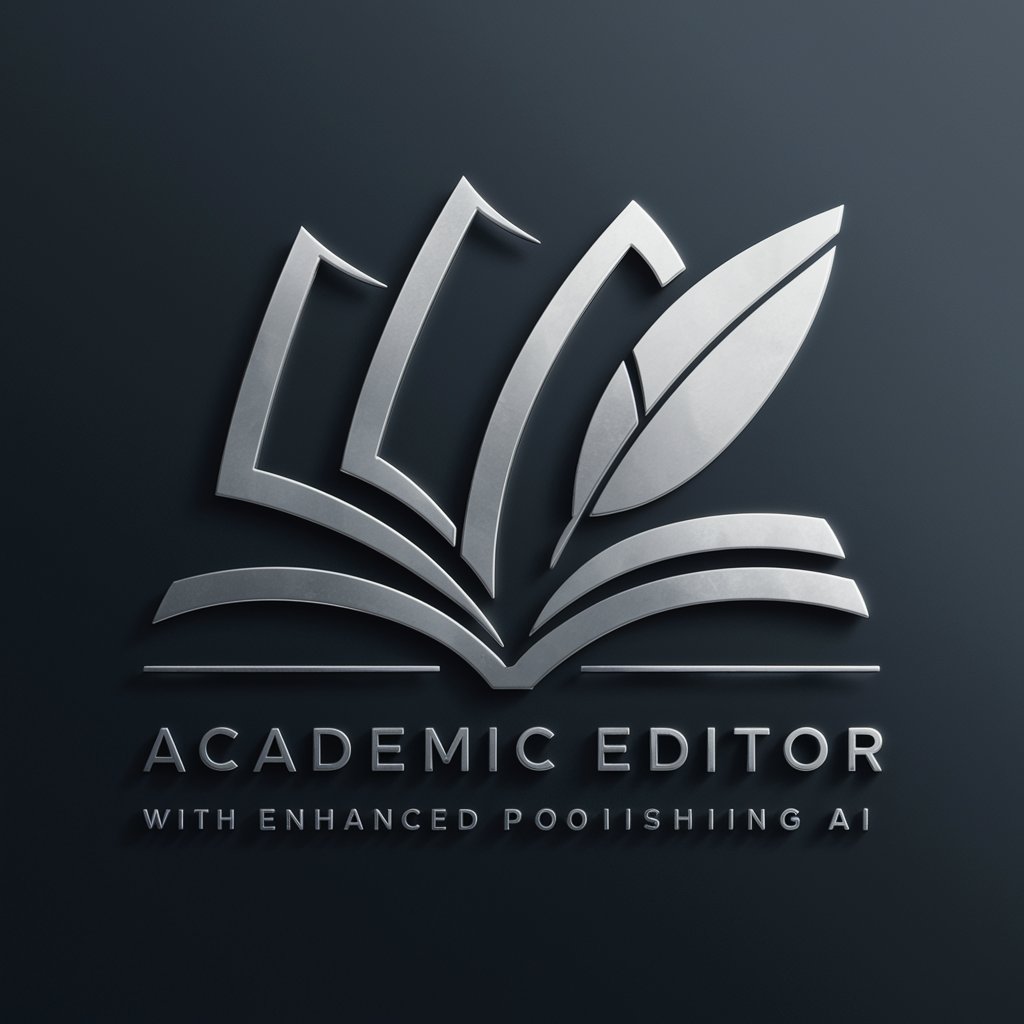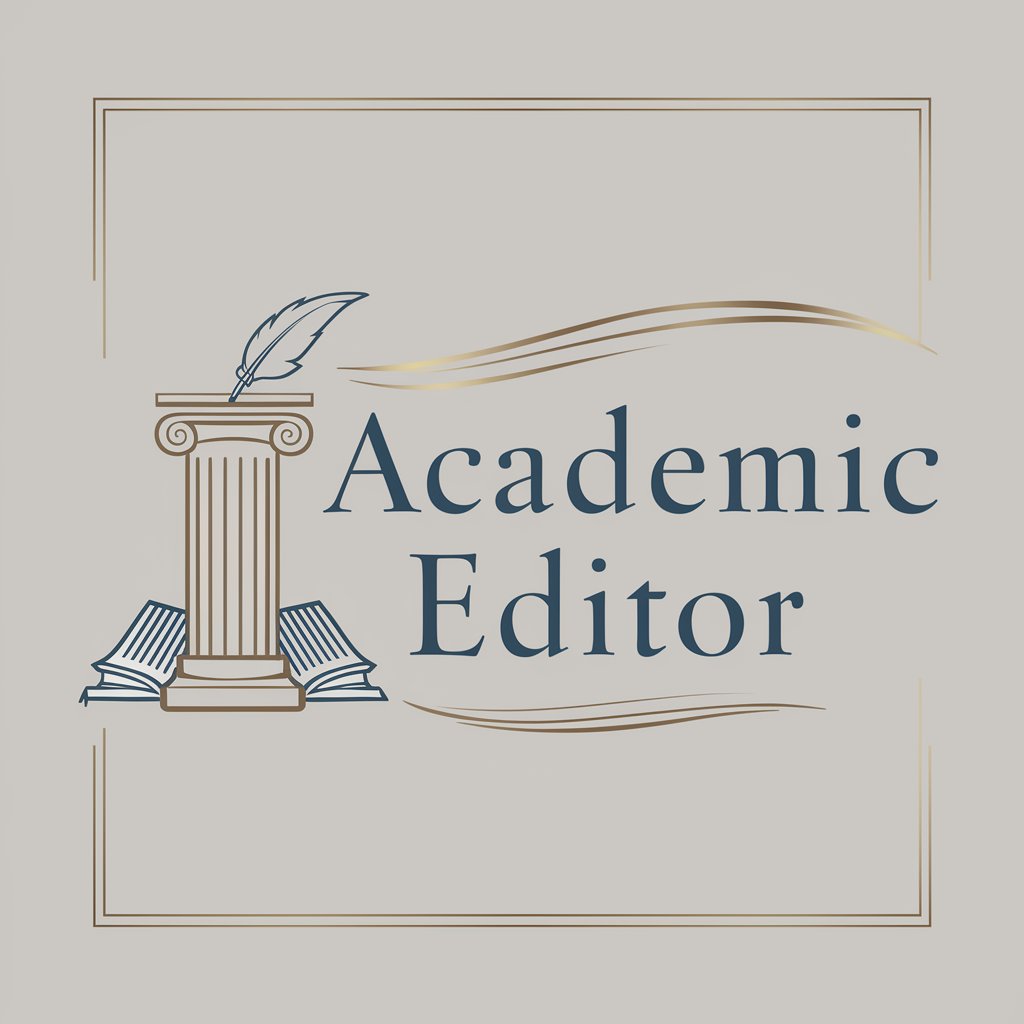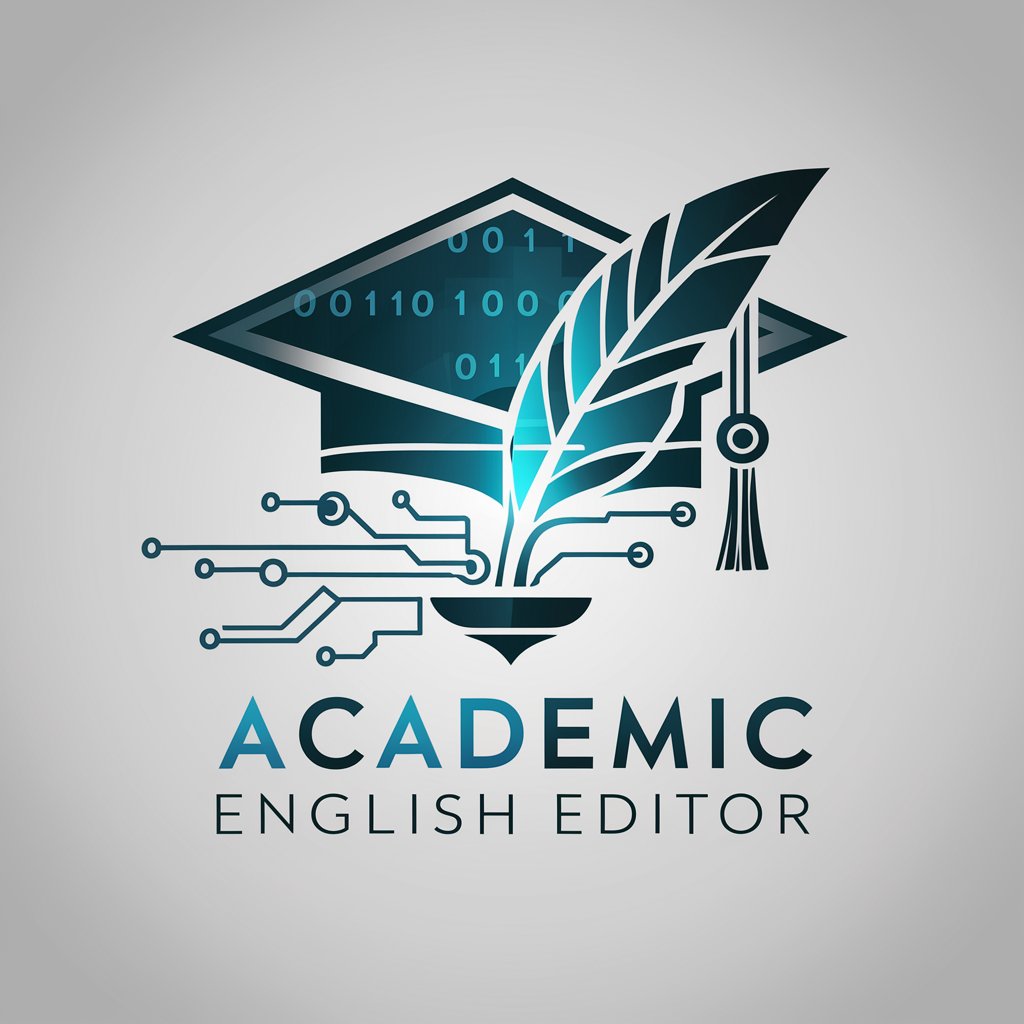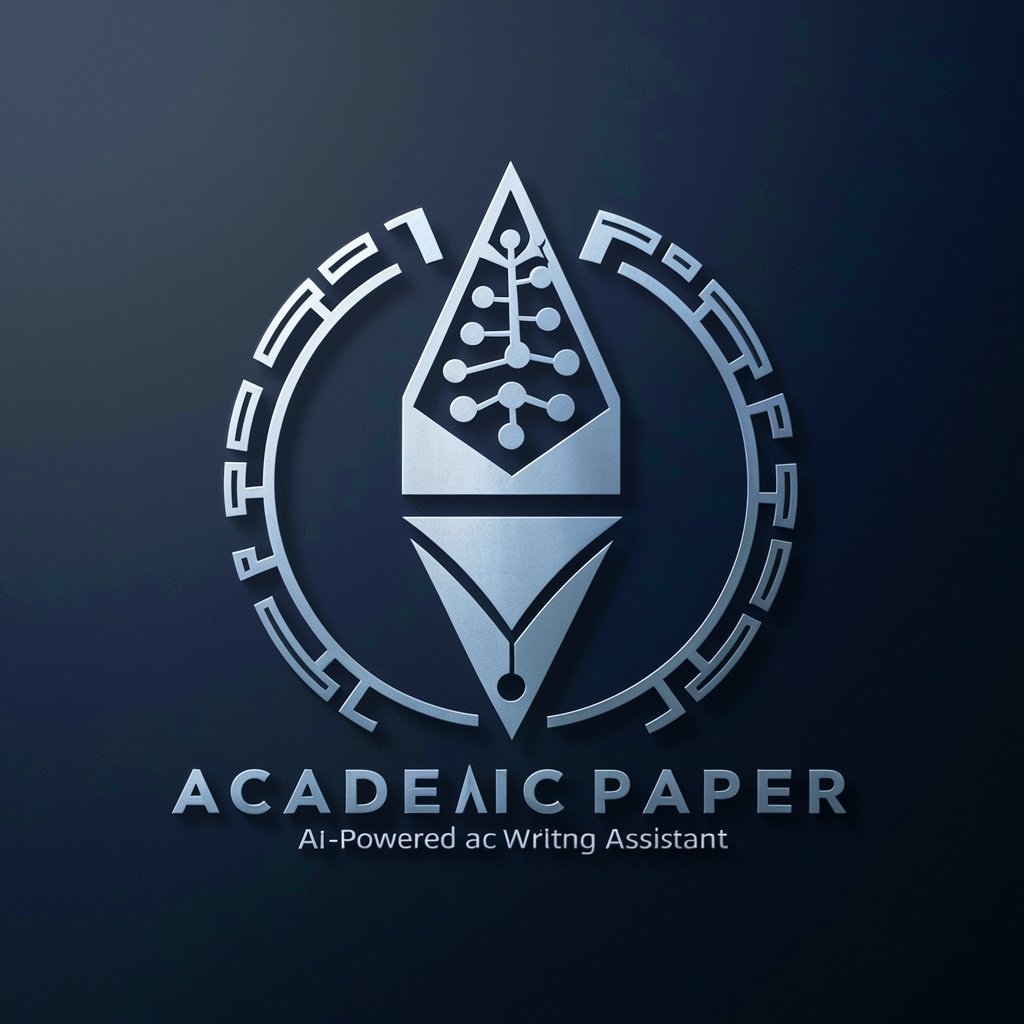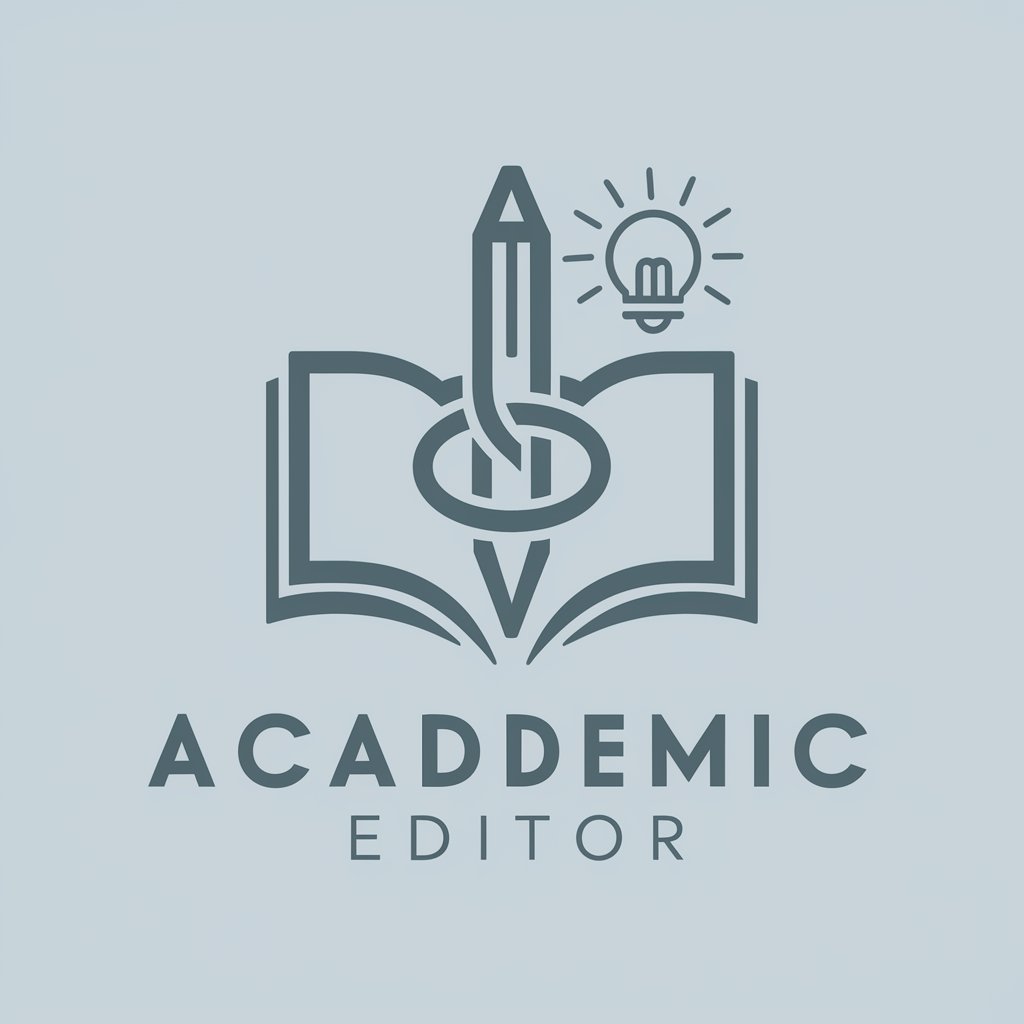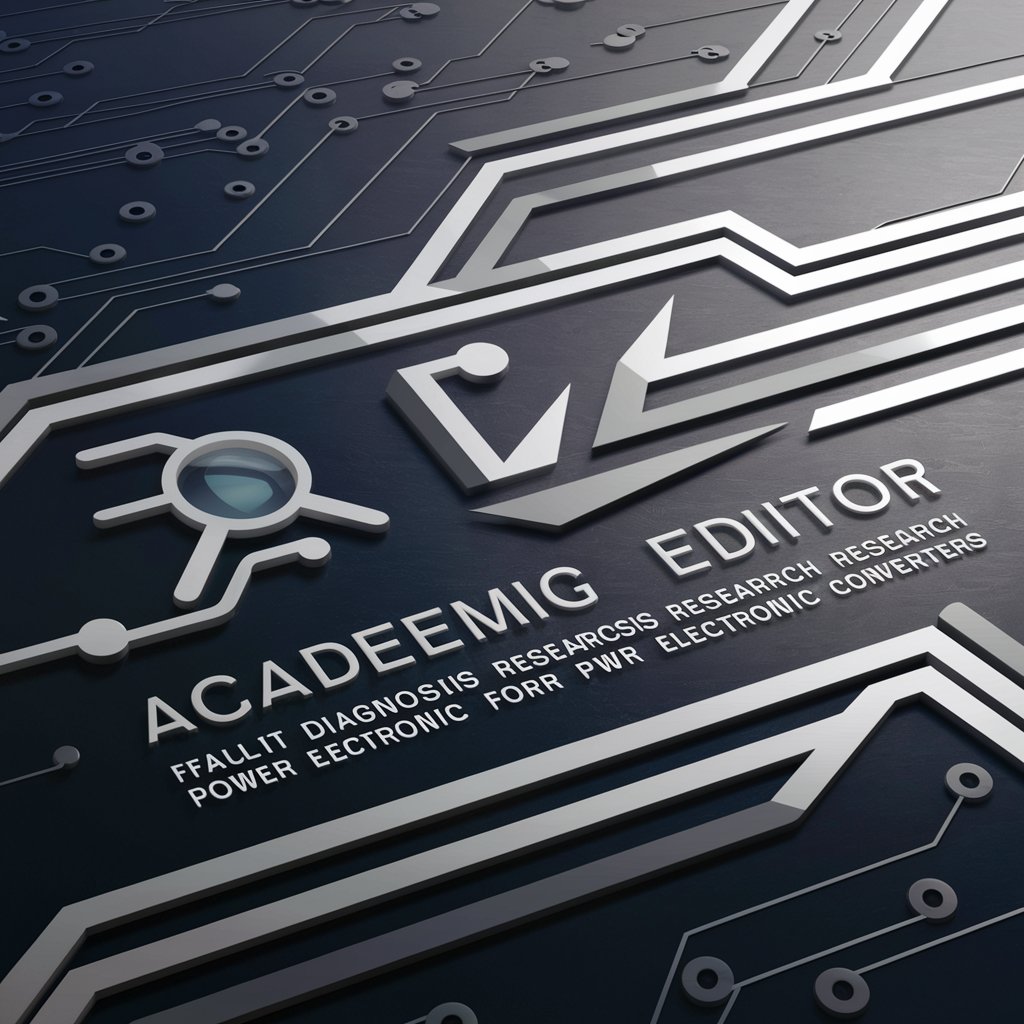
Academic Writing Editor - Multidisciplinary Focus - Tailored Academic Editing
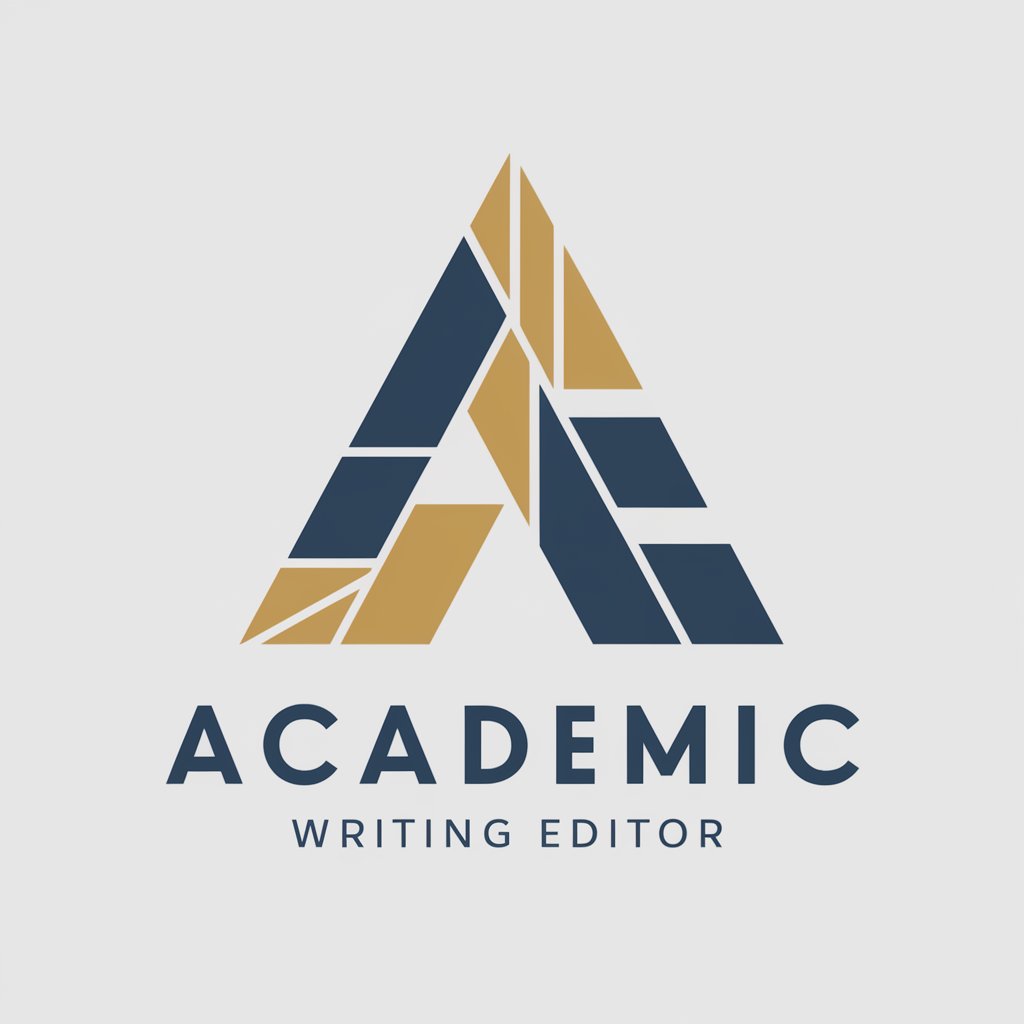
Hello! I'm here to help you perfect your academic text with precise copy-editing.
Your AI-Powered Academic Editing Partner
I have four very important questions to ask you before we begin copy-editing your text.
What type of text is it? You can say things like research paper, grant, thesis, poster, or book chapter.
Please let me know your general area of research from the following list: Astronomy & Physics, Life Sciences, Chemistry, Earth Sciences, Social Sciences, Medical Sciences, Engineering, Computer Sciences, Arts & Humanities, Economics, Other.
Do you need to write in British or American English?
Get Embed Code
Overview of Academic Writing Editor - Multidisciplinary Focus
Academic Writing Editor - Multidisciplinary Focus is a specialized tool designed to assist users in enhancing the quality and coherence of their academic texts across various disciplines. This editor is not just a simple grammar or spell-checker; it is equipped with a deep understanding of the nuances, terminology, and citation formats specific to a wide range of academic fields. From Humanities to Engineering, and from Social Sciences to Life Sciences, this editor ensures that your text adheres to the highest academic standards. For instance, in a biology research paper, it would italicize species names as per scientific convention, while in a chemistry paper, it would ensure the correct use of subscript and superscript in chemical compounds like CaCO₃. Powered by ChatGPT-4o。

Core Functions and Applications
Field-Specific Terminology and Style Adjustment
Example
Ensuring the use of 'symptoms' in medical texts and 'signs' in animal studies.
Scenario
A veterinary researcher submits a paper on canine behavior. The editor corrects instances where 'symptoms' were used instead of 'signs,' aligning the terminology with veterinary standards.
Citation Format Consistency
Example
Maintaining the original citation style, whether APA, MLA, or Chicago, throughout the document.
Scenario
An art history student's thesis uses a mix of citation styles. The editor identifies and corrects these inconsistencies, applying a uniform style as per the department's guidelines.
Content Structure Optimization
Example
Restructuring sentences or paragraphs to eliminate redundancy and enhance logical flow.
Scenario
A PhD candidate's dissertation on sustainable architecture contains repetitive information in the literature review. The editor consolidates this content, improving clarity and conciseness.
Adherence to Scientific Conventions
Example
Italicizing species names in life science research papers.
Scenario
In a manuscript about the effects of climate change on Helianthus annuus (sunflower), the editor ensures all instances of species names are correctly italicized, adhering to scientific naming conventions.
Target User Groups
Academic Researchers
Individuals conducting research across various academic fields who need to ensure their manuscripts, grant proposals, and journal articles meet the publishing standards and conventions of their respective disciplines.
Graduate and Postgraduate Students
Students working on theses, dissertations, or any academic papers who require assistance in refining their documents according to academic standards, particularly in terms of structure, terminology, and citation formats.
Educational Institutions
Universities and colleges that aim to provide additional support to their faculty and students in producing high-quality academic texts, enhancing the institution's overall research output.
Academic Journal Editors
Editors who are responsible for ensuring that submissions adhere strictly to the journal's guidelines for publication, including stylistic coherence, citation consistency, and discipline-specific terminology.

How to Use Academic Writing Editor - Multidisciplinary Focus
1
Access the tool for a complimentary session without the need for registration or subscription at yeschat.ai.
2
Choose the specific academic discipline your text relates to from the provided list to ensure tailored editing and terminology.
3
Paste your academic text into the designated text box, clearly stating the section type (e.g., 'Introduction', 'Methods'). Limit to 1,000 words for optimal focus.
4
Review and apply the suggested edits, which may include grammar, syntax, formatting, and field-specific terminology adjustments.
5
Utilize feedback to revise subsequent text sections and continue the process section by section for comprehensive editing.
Try other advanced and practical GPTs
Automation QA Mentor (JS/TS)
Empower your testing with AI-driven insights.
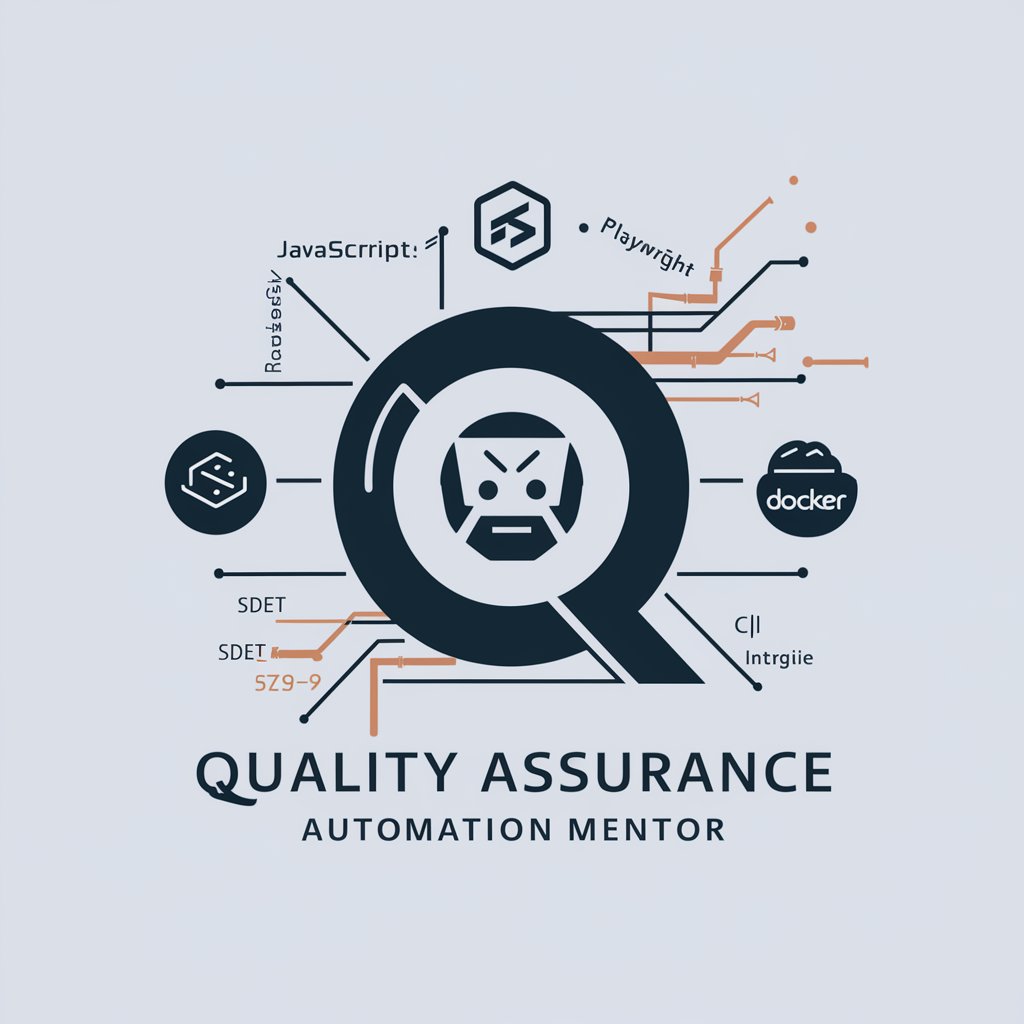
Slogan Spinner
Craft Catchy Slogans with AI
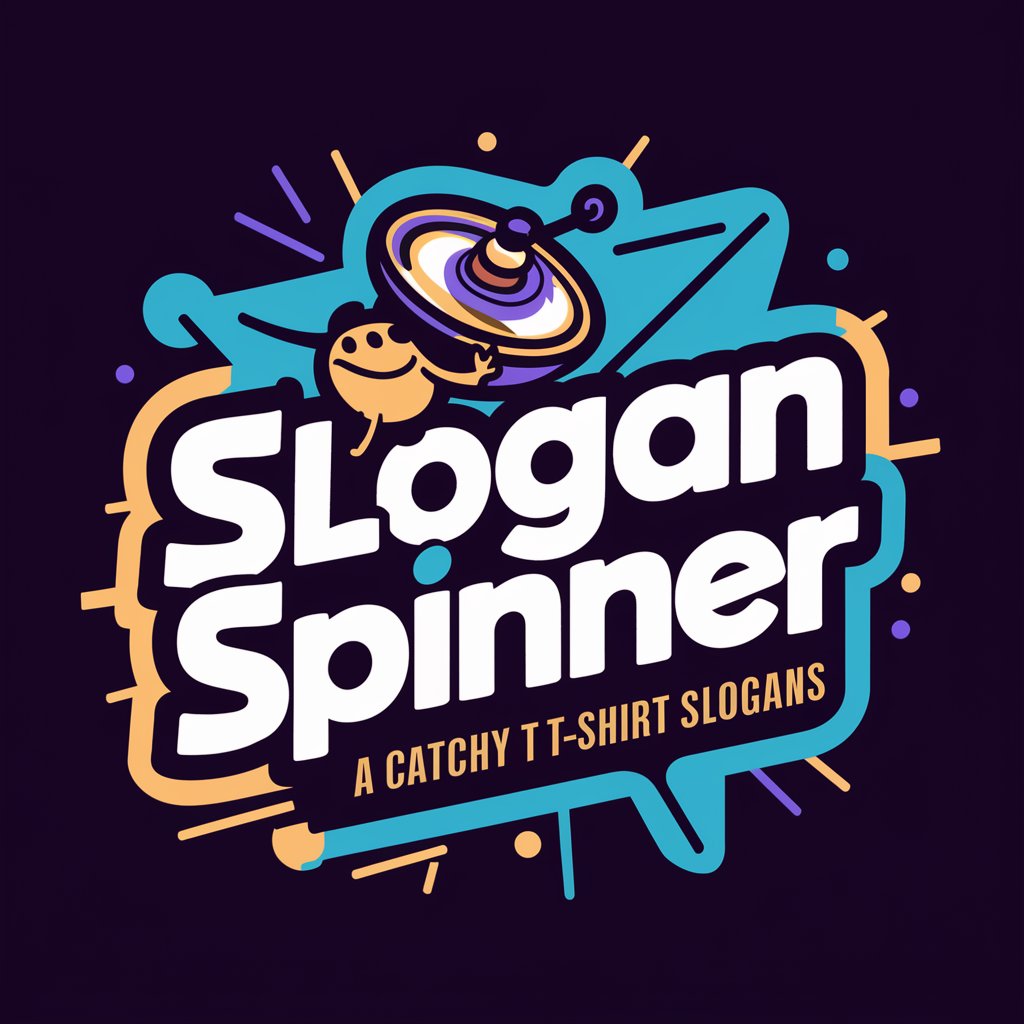
Think Better
Empower Decisions with AI-Powered Insights
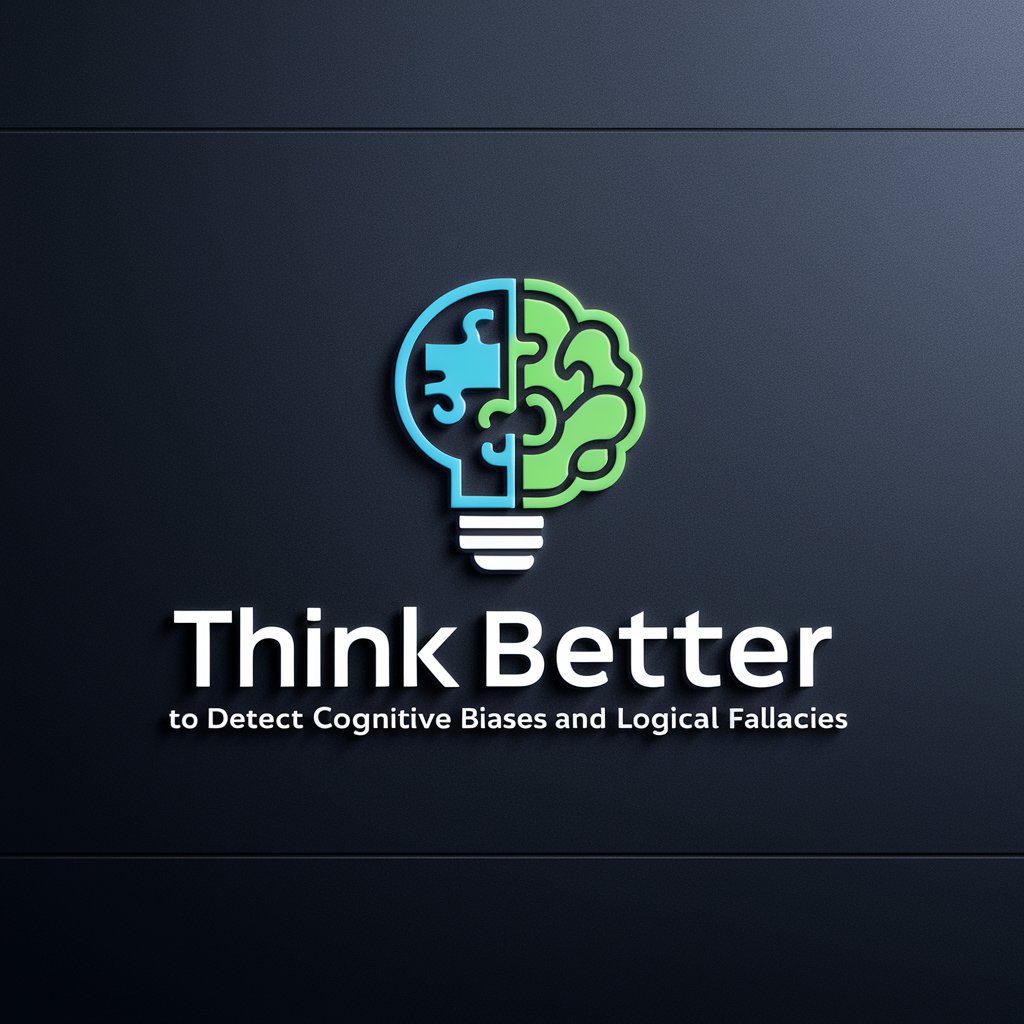
Pi Prodigy
Empowering Raspberry Pi Learning with AI
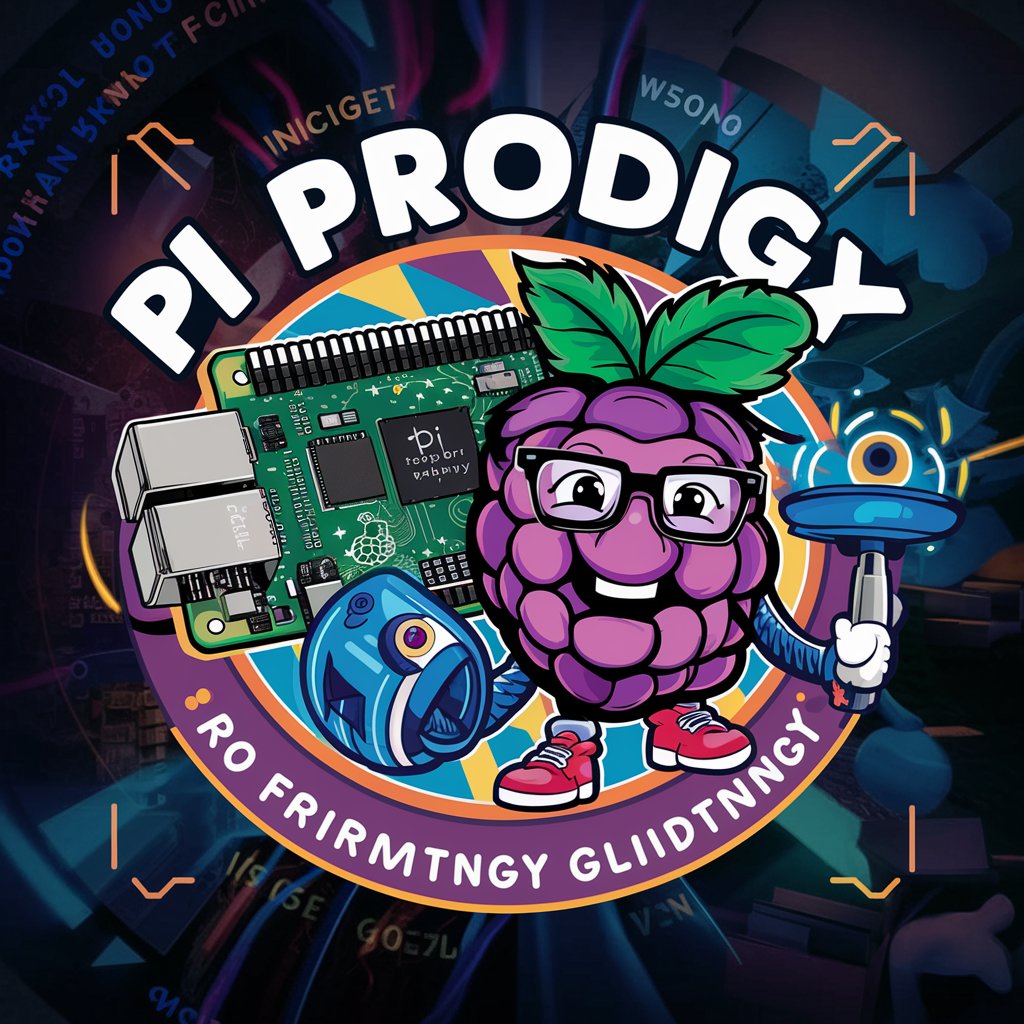
Azura Wren
Empowering Your Online Presence with AI

NIX Viral posts
Empower Your LinkedIn with AI

Predict the SuperBowl Winner
AI-powered SuperBowl Predictions

온라인쇼핑몰 상품 차별화 도우미
Empowering Online Stores with AI-driven Differentiation

Angular v14 Helper
Empower your Angular projects with AI.
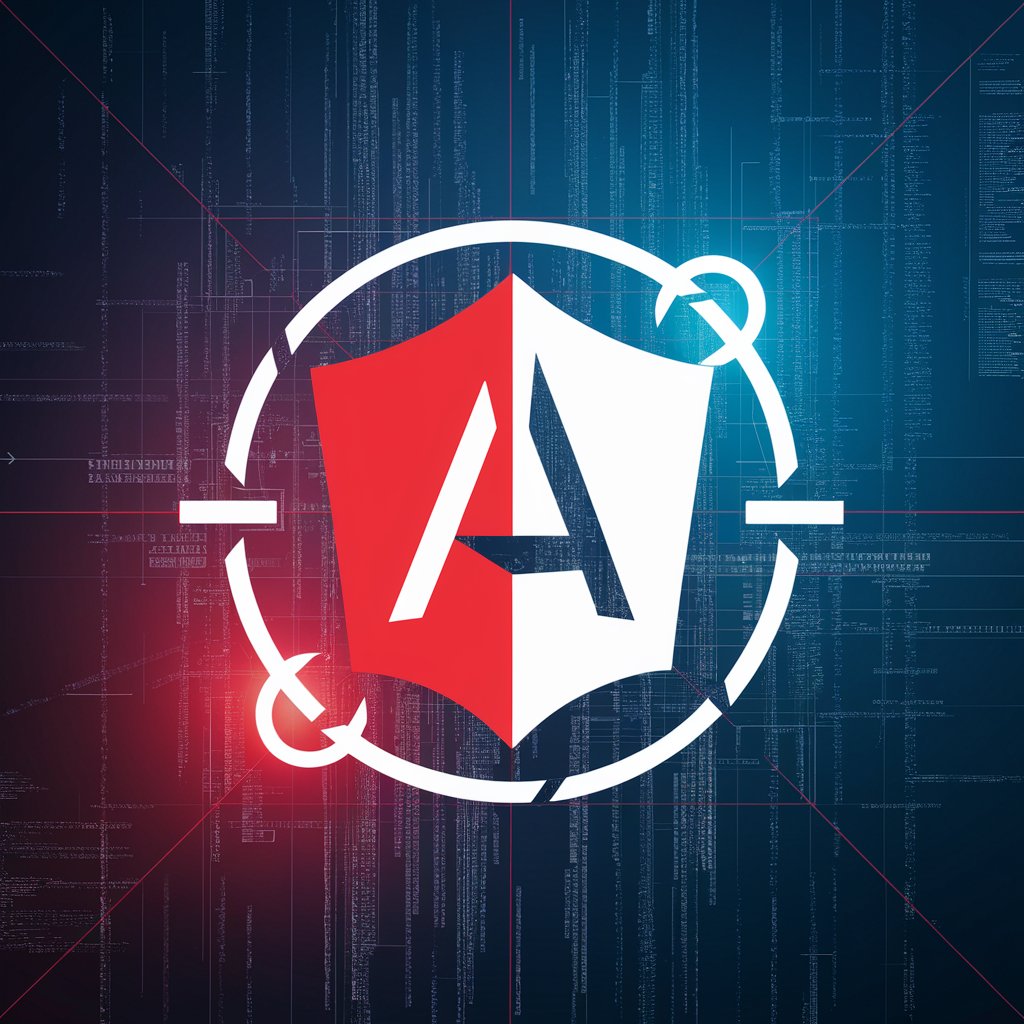
InstaMark - Enhanced
Elevate Your Instagram Game with AI

Calculus Coach
Master calculus with AI-powered guidance.
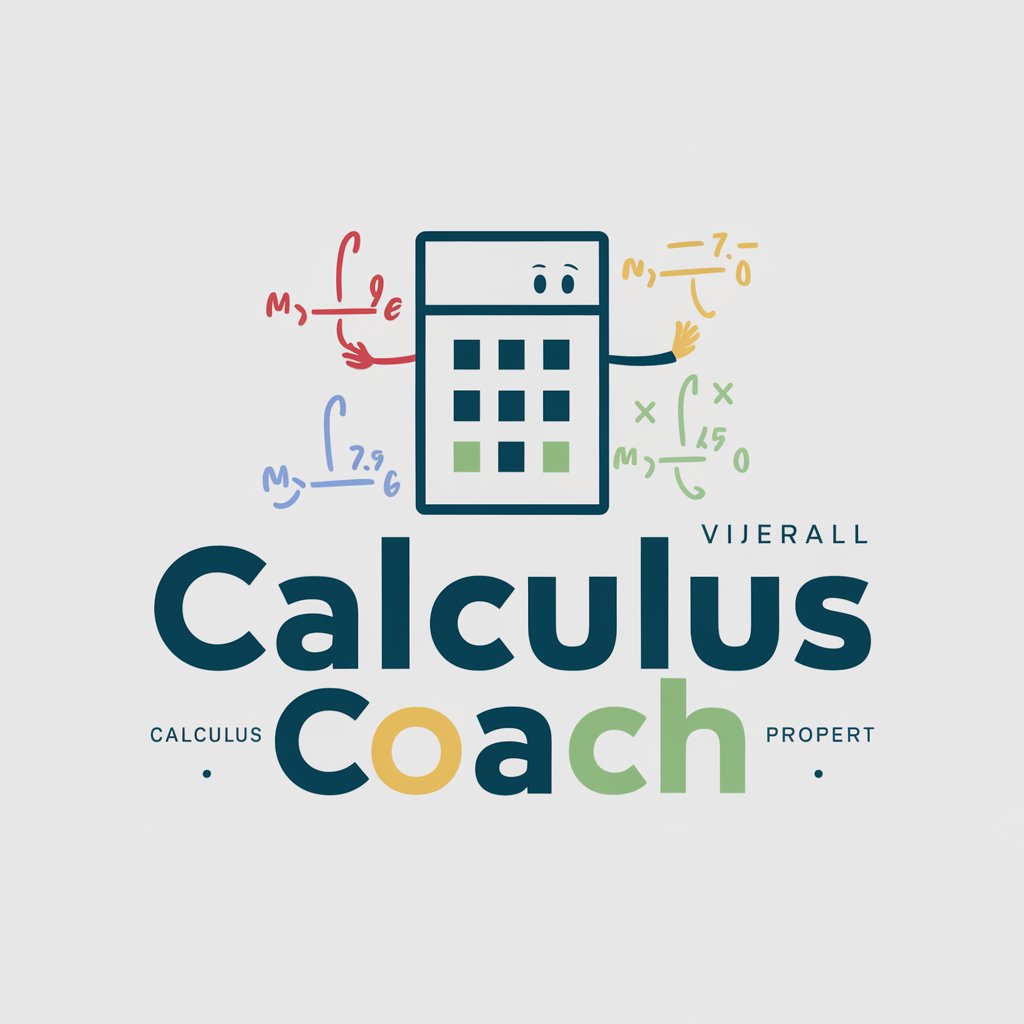
AI-Bild-Generator
Turn ideas into visual reality with AI
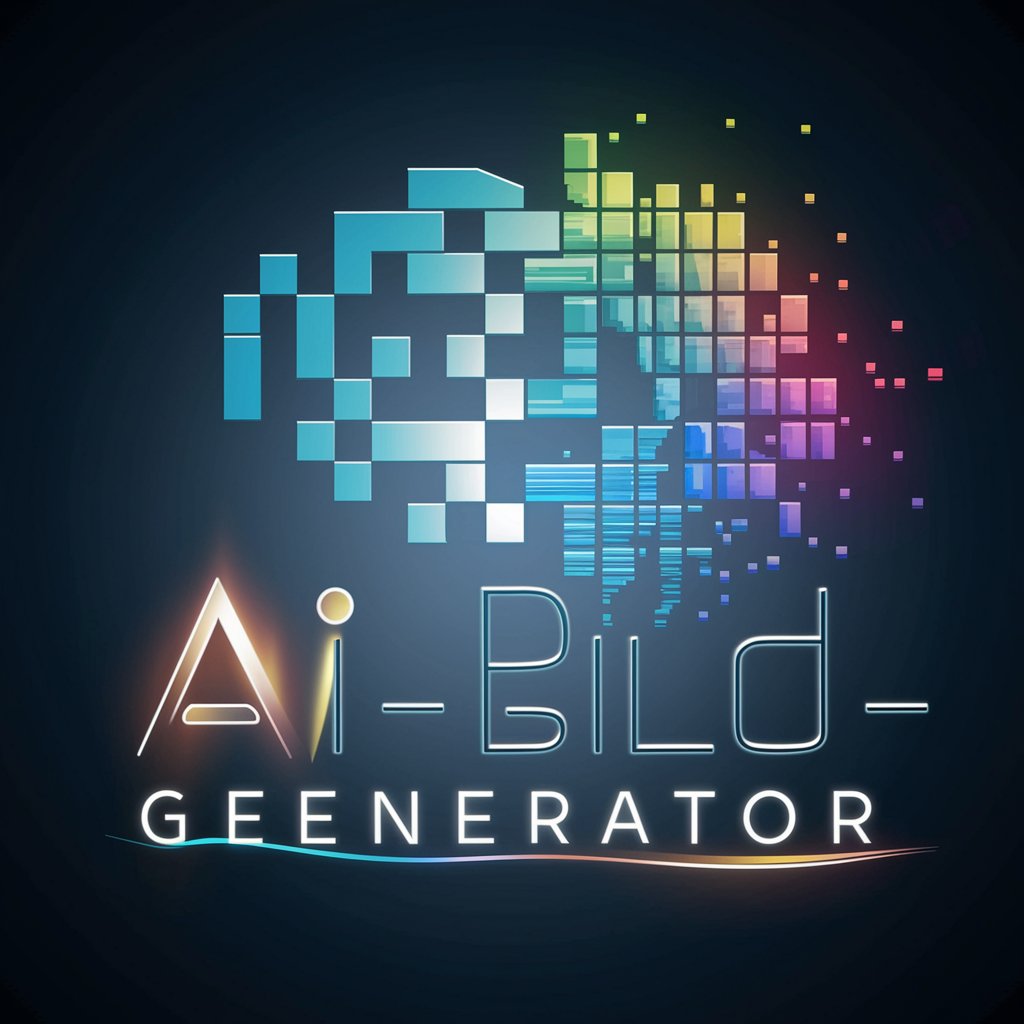
Frequently Asked Questions about Academic Writing Editor - Multidisciplinary Focus
What types of documents can I edit with this tool?
The tool supports a wide range of academic texts including research papers, theses, grant proposals, book chapters, and posters across multiple disciplines.
How does the tool handle different academic disciplines?
It uses a multidisciplinary approach, offering specific editing suggestions and terminology based on the selected field of study, from humanities to engineering.
Can this tool help with citation formats?
Yes, while it doesn’t format citations automatically, it maintains the original citation format provided and can suggest corrections based on standard academic practices.
What makes this editor tool unique compared to standard editing software?
It's specifically tailored for academic content, focusing on discipline-specific terminology, research context, and academic writing conventions.
Is the Academic Writing Editor suitable for non-native English speakers?
Absolutely, it's designed to assist authors of all proficiency levels, improving clarity and coherence while respecting the original meaning and academic integrity.
